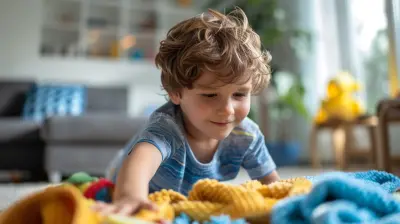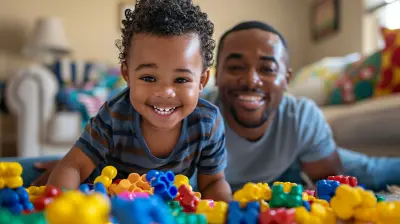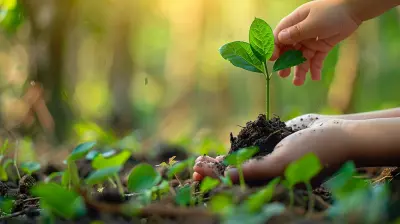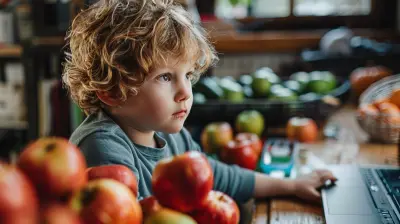The Importance of Open-Ended Play for Preschoolers' Development
15 May 2025
Play is a child’s primary language—it's how they learn, grow, and make sense of the world around them. But not all play is created equal. While structured activities have their place, open-ended play is where the magic truly happens.
If you’re wondering why letting kids play freely is so beneficial for their development, you’ve come to the right place. Let’s dive into the wonderful world of open-ended play and why it’s essential for preschoolers!
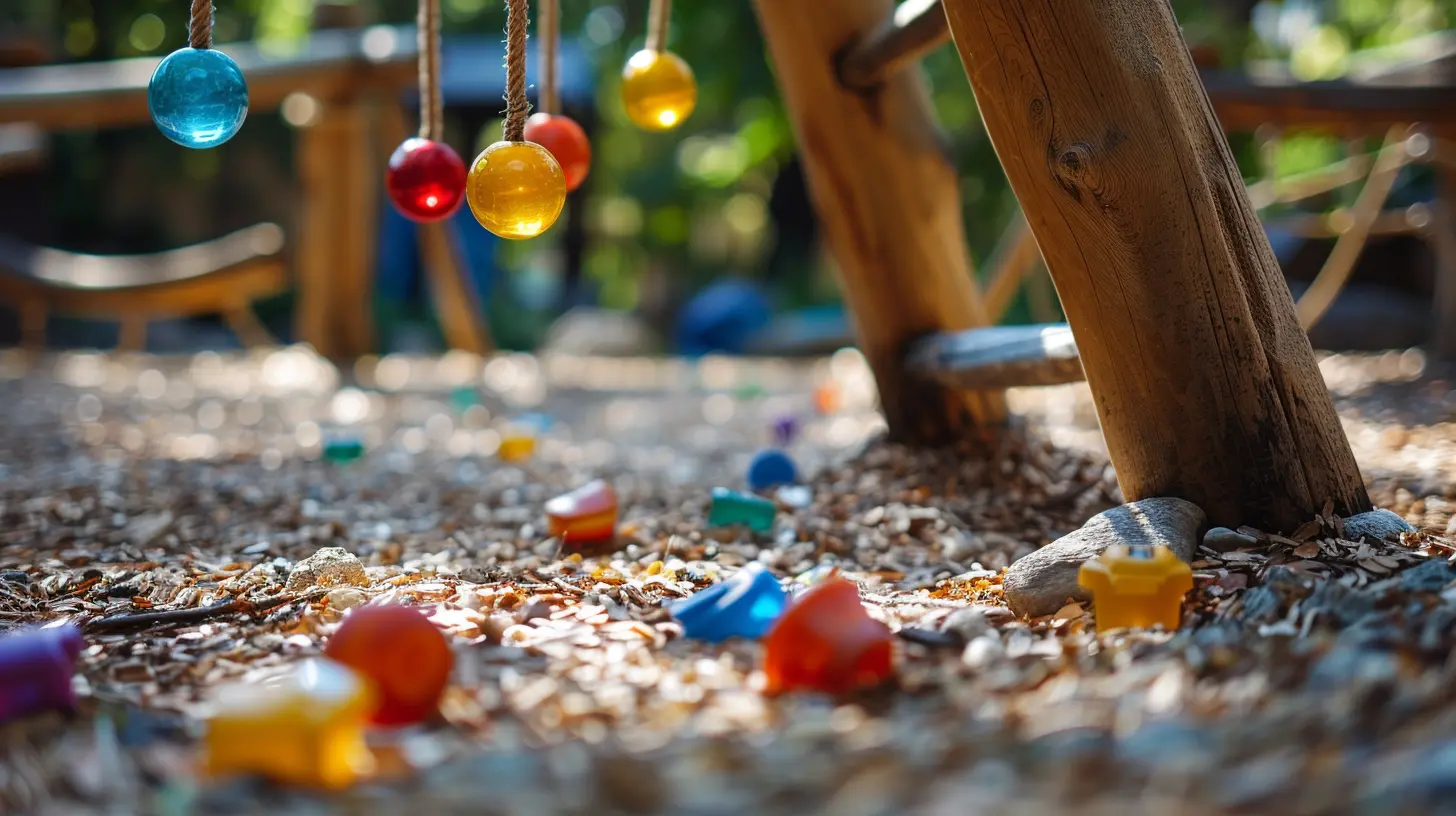
What Is Open-Ended Play?
Open-ended play is exactly what it sounds like—play without set rules, instructions, or a predetermined outcome. It allows children to use their imagination, creativity, and problem-solving skills without being confined by rigid guidelines.Think of it like giving a child a blank page and crayons versus a coloring book with specific shapes to fill in. With the blank page, there's no right or wrong; the possibilities are endless!
Some great examples of open-ended play include:
- Playing with building blocks
- Pretend play (like playing house, doctor, or superheroes)
- Exploring nature and collecting leaves, rocks, or sticks
- Using art supplies without a specific project in mind
- Playing with dolls, stuffed animals, or action figures in a storytelling way
It’s all about freedom, creativity, and exploration—things kids naturally crave!
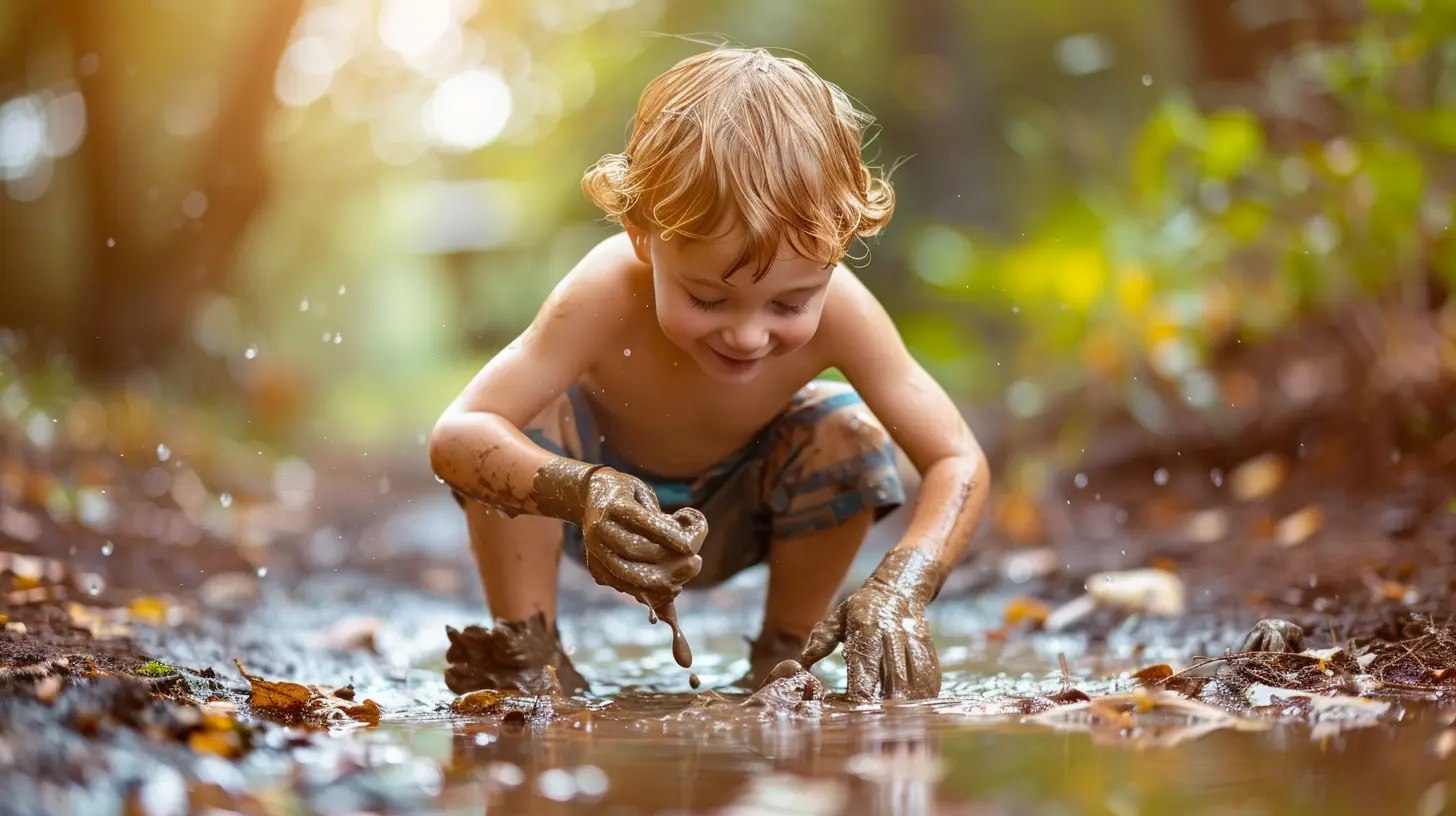
Why Is Open-Ended Play So Important?
Now that we know what open-ended play is, it's time to uncover why it's so crucial for preschoolers. Here are some of the biggest benefits:1. Boosts Creativity and Imagination
One of the most significant advantages of open-ended play is how it encourages creativity. When kids aren’t following a set of instructions, they have to think outside the box.For example, a simple cardboard box can be a rocket ship, a pirate ship, or even a castle—depending on where their imagination takes them. This free-flowing creativity helps children develop problem-solving skills and think innovatively, which will benefit them later in life.
2. Enhances Social and Emotional Skills
When children engage in open-ended play, especially with others, they naturally practice critical social skills.They learn to:
✅ Share and take turns
✅ Communicate their ideas
✅ Resolve conflicts
✅ Express their emotions in healthy ways
For example, when preschoolers play pretend restaurant, they take on different roles—the chef, the customer, the waiter—which helps them understand different perspectives and practice empathy.
3. Encourages Problem-Solving and Critical Thinking
Life doesn’t always come with a manual, and neither does open-ended play. When kids play freely, they often encounter small challenges, like:- How do I build this tower without it falling?
- What should I do if my friend wants to play something different?
- How can I turn this box into a spaceship?
These little moments encourage them to think critically, experiment, and come up with solutions on their own. It’s like a mini workout for their brains!
4. Supports Cognitive Development
Play isn't just fun—it’s brain-building work! When kids engage in imaginative play, their brains make new neural connections.For example, sorting objects by color, shape, or size during open-ended play helps with early math concepts, while storytelling strengthens language skills.
The best part? They don’t even realize they’re learning—they’re just having fun!
5. Builds Independence and Confidence
In a world full of rules and adult-directed activities, open-ended play gives kids a much-needed sense of control. They get to make their own decisions, set their own goals, and follow their curiosity, which fosters a strong sense of independence.The more they play freely, the more they trust themselves and their abilities. And that confidence spills over into other areas of life—whether it’s trying new things, making choices, or handling challenges.
6. Reduces Stress and Anxiety
Kids have stress too! Whether it's adjusting to new routines or handling big emotions, open-ended play provides an outlet for them to express themselves.Play is like therapy for little ones—it helps them work through feelings, whether it's acting out a doctor's visit before a real appointment or pretending to be "the boss" when they feel powerless.
Giving kids the space to play freely allows them to process emotions in a healthy and natural way.

How to Encourage Open-Ended Play at Home
Now that you know why open-ended play is so beneficial, how can you encourage it at home? Luckily, it's easier than you might think!1. Provide Open-Ended Toys
Toys that don’t have a single purpose encourage creativity. Some great options include:- Wooden blocks
- Play dough
- Art supplies (crayons, markers, paint)
- Dolls, stuffed animals, or action figures
- Loose parts like buttons, fabric scraps, or natural objects
Think simple—less flashy, more imagination!
2. Allow Unstructured Playtime
It can be tempting to fill every hour with structured activities, but kids need time to just be kids.Instead of overscheduling their day, set aside time for free play where they can do whatever interests them. You might be surprised at how effortlessly they come up with their own fun!
3. Embrace Mess and Exploration
Let’s be honest—open-ended play can get a little messy. Whether it’s finger painting, digging in the dirt, or experimenting with water, sometimes play means embracing a little chaos.Instead of worrying about the mess, focus on the benefits. A little dirt washes off, but the memories and learning experiences last forever!
4. Join in—But Let Them Lead
While it's great to engage in play with your child, it’s also important to let them take the lead. Instead of directing the play, ask open-ended questions like:- "What are you making?"
- "Tell me about your game!"
- "What happens next in your story?"
Letting them take control builds confidence while keeping the creative juices flowing.

The Bottom Line
Open-ended play isn't just a way to keep kids entertained—it's a fundamental part of their growth and development. From boosting creativity to enhancing social skills and problem-solving abilities, it plays a massive role in shaping their future.As parents, we don’t need to micromanage every moment of our child’s day. Sometimes, the best thing we can do is give them the space, materials, and freedom to let their imaginations soar.
So next time your little one is turning a laundry basket into a race car, resist the urge to guide them—because in that moment, they’re doing some of the most important learning of their lives!
all images in this post were generated using AI tools
Category:
Parenting PreschoolersAuthor:

Liam Huffman
Discussion
rate this article
3 comments
Gabriel McGrady
Open-ended play is essential for preschoolers’ development. It nurtures creativity, problem-solving skills, and emotional intelligence, empowering children to explore and learn at their own pace. Let’s prioritize this vital aspect of childhood!
May 24, 2025 at 3:59 PM

Liam Huffman
Absolutely! Open-ended play is crucial for fostering creativity and essential skills in preschoolers. Let's champion this vital component of early childhood development!
Greta McFadden
What fascinating insights! I wonder how open-ended play can influence problem-solving skills and creativity in preschoolers. Are there specific activities you recommend to foster this type of play?
May 20, 2025 at 3:35 PM

Liam Huffman
Thank you! Activities like building with blocks, role-playing, and art projects encourage open-ended play, enhancing problem-solving skills and creativity in preschoolers.
James McGeehan
Open-ended play fosters creativity and problem-solving skills, crucial for preschoolers' overall development and learning.
May 15, 2025 at 2:44 PM

Liam Huffman
Thank you for highlighting the value of open-ended play! It truly nurtures creativity and essential problem-solving skills in preschoolers, laying a strong foundation for their overall development.
